Home>Home Appliances>Kitchen Appliances>Why Is My Espresso Machine Leaking Water?
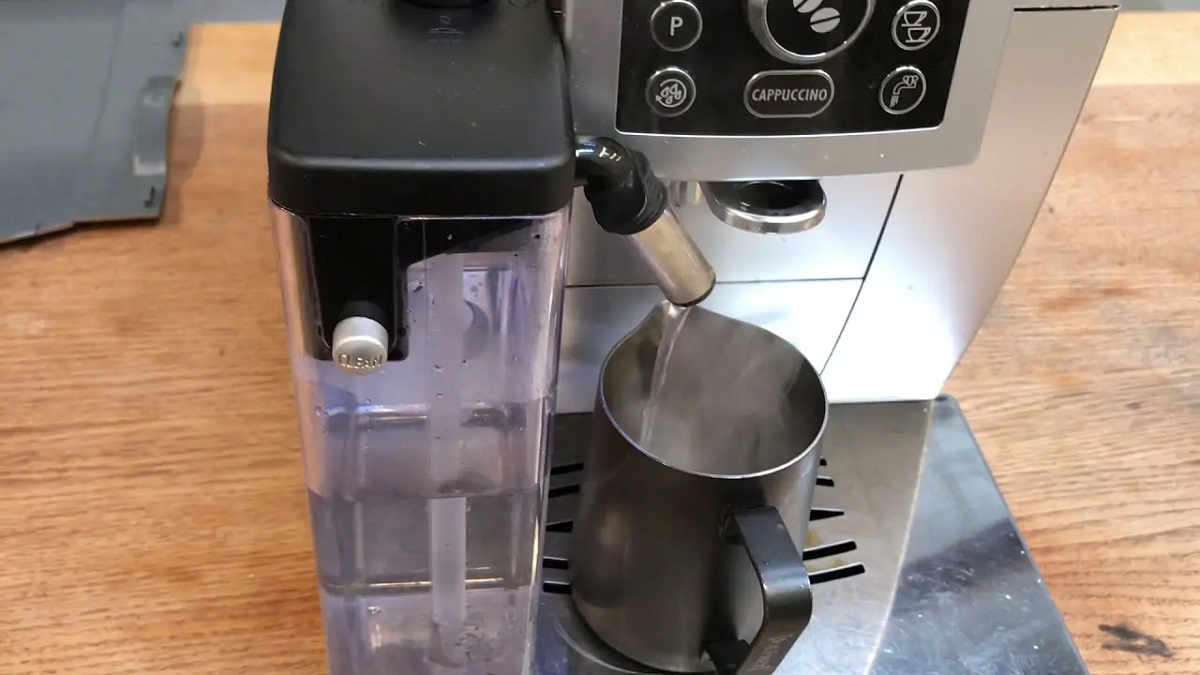

Kitchen Appliances
Why Is My Espresso Machine Leaking Water?
Modified: January 6, 2024
Discover common reasons why your kitchen appliances, such as espresso machines, may leak water. Learn how to troubleshoot and fix the issue. Keep your kitchen running smoothly!
(Many of the links in this article redirect to a specific reviewed product. Your purchase of these products through affiliate links helps to generate commission for Storables.com, at no extra cost. Learn more)
Introduction
So, you've just brewed a fresh cup of espresso and are ready to indulge in its rich, aromatic goodness. But as you reach for your cup, you notice something unexpected – water pooling underneath your espresso machine. This frustrating scenario is all too common for espresso machine owners, and it often leads to the question, "Why is my espresso machine leaking water?"
Understanding the potential causes of water leaks in espresso machines is crucial for troubleshooting and resolving this issue. Whether you're a seasoned barista or a casual coffee enthusiast, dealing with a leaking espresso machine can put a damper on your coffee ritual. However, with a bit of knowledge and some simple maintenance techniques, you can address this problem and get back to enjoying your favorite espresso beverages without the inconvenience of water leaks.
In this comprehensive guide, we'll delve into the common reasons for water leaks in espresso machines, explore effective troubleshooting methods, and provide valuable maintenance tips to prevent future leaks. By the end of this article, you'll be equipped with the know-how to tackle espresso machine water leaks with confidence and keep your beloved appliance in top working condition. So, grab your favorite mug, settle in, and let's unravel the mystery of espresso machine water leaks together.
Key Takeaways:
- Keep your espresso machine leak-free by regularly checking and replacing worn seals, gaskets, and fittings. Descale and clean the machine to prevent blockages and maintain optimal performance.
- Use high-quality, filtered water and store your espresso machine in a clean, dry environment to prevent water leaks and ensure a delightful coffee-brewing experience.
Common Reasons for Water Leaks in Espresso Machines
Espresso machines are marvels of engineering, designed to deliver the perfect balance of pressure, temperature, and extraction to create exquisite coffee concoctions. However, even the most well-crafted machines can experience issues that lead to water leaks. Understanding the common reasons behind these leaks is essential for pinpointing the source of the problem and implementing the necessary solutions.
1. Seal and Gasket Deterioration: Over time, the seals and gaskets in an espresso machine can degrade due to regular use and exposure to heat. This deterioration can result in leaks around the portafilter, group head, or steam wand. Inspecting these components for wear and tear is crucial, as replacing worn seals and gaskets can effectively resolve leakage issues.
2. Loose or Damaged Fittings: The fittings and connections in an espresso machine, including hoses, pipes, and valves, must remain secure and intact to prevent water leaks. Loose or damaged fittings can lead to water seepage, affecting the machine’s performance and creating a mess. Regularly checking and tightening fittings can help mitigate this issue.
3. Pressure Relief Valve Malfunction: The pressure relief valve plays a vital role in regulating pressure within the espresso machine. If this component malfunctions, it can cause water to escape from the machine. Inspecting the pressure relief valve for defects and ensuring proper functionality is essential for preventing leaks related to pressure irregularities.
4. Reservoir and Water Line Issues: Problems with the water reservoir or inlet line can also contribute to water leaks. Cracks, leaks, or blockages in the reservoir or water line can disrupt the flow of water, leading to unexpected leaks during the brewing process. Regularly inspecting these components and addressing any issues promptly can help maintain a leak-free espresso machine.
5. Excessive Scale Buildup: Scale, a byproduct of mineral deposits found in water, can accumulate within the internal components of an espresso machine, potentially causing blockages and leaks. Regular descaling is crucial for preventing scale-related issues and ensuring the proper functioning of the machine’s internal mechanisms.
Understanding these common reasons for water leaks in espresso machines empowers users to identify potential sources of leakage and take proactive measures to address them. By recognizing the symptoms associated with these issues and implementing appropriate maintenance and repair strategies, espresso enthusiasts can uphold the performance and longevity of their beloved coffee-making appliances.
How to Troubleshoot and Fix Water Leaks
Encountering a water leak in your espresso machine can be a frustrating experience, but with the right troubleshooting approach and a bit of DIY spirit, you can often identify and resolve the underlying issues causing the leaks. Here’s a step-by-step guide to help you troubleshoot and fix water leaks in your espresso machine:
- Inspect Seals and Gaskets: Begin by examining the seals and gaskets for signs of wear, tear, or damage. If you notice any deterioration, such as cracks or brittleness, these components may need replacement. Consult your machine’s manual or manufacturer for guidance on obtaining and installing compatible seals and gaskets.
- Check Fittings and Connections: Ensure that all fittings, including hoses, pipes, and valves, are securely fastened. Tighten any loose fittings and inspect them for signs of damage. If you identify damaged components, consider replacing them to prevent further leaks.
- Test the Pressure Relief Valve: Verify the functionality of the pressure relief valve to ensure it is operating correctly. If the valve is defective or malfunctioning, it may need to be repaired or replaced by a qualified technician to prevent water leaks stemming from pressure irregularities.
- Examine the Reservoir and Water Line: Inspect the water reservoir and inlet line for cracks, leaks, or blockages. Address any issues detected during the inspection, such as repairing cracks or clearing blockages, to restore proper water flow and prevent leaks.
- Descaling the Machine: If scale buildup is suspected as the cause of water leaks, it’s essential to descale the espresso machine using a suitable descaling solution. Follow the manufacturer’s recommendations for descaling procedures and frequency to prevent scale-related issues and maintain optimal machine performance.
After performing these troubleshooting steps, test your espresso machine to determine if the water leaks have been resolved. If the leaks persist or if you encounter challenges during the troubleshooting process, it may be advisable to seek professional assistance from a certified technician or the manufacturer’s service center. Professional intervention can provide expert diagnosis and repair solutions for more complex or persistent leakage issues, ensuring the long-term functionality of your espresso machine.
By proactively addressing water leaks through systematic troubleshooting and appropriate repairs, espresso enthusiasts can preserve the integrity of their machines and continue enjoying the delightful art of brewing exceptional coffee beverages at home.
Check the water reservoir and make sure it is properly seated. Also, inspect the seals and gaskets for any damage or wear. Tighten any loose connections to stop the leak.
Maintenance Tips to Prevent Water Leaks
Preventive maintenance is the key to safeguarding your espresso machine against water leaks and ensuring its consistent performance over time. By incorporating the following maintenance tips into your routine, you can minimize the risk of water leaks and prolong the lifespan of your beloved coffee-making appliance:
- Regular Seal and Gasket Inspection: Schedule periodic inspections of the seals and gaskets in your espresso machine. Look for signs of wear, deterioration, or damage, and promptly replace any compromised components to prevent potential leaks.
- Periodic Deep Cleaning: Perform thorough cleaning sessions to remove coffee residues, oils, and mineral deposits that can accumulate within the machine. Pay special attention to areas prone to buildup, such as the group head and portafilter, to maintain optimal seal integrity and prevent leaks.
- Consistent Descale Routine: Implement a regular descaling schedule as recommended by the manufacturer to combat scale accumulation. Descaling helps prevent blockages and corrosion caused by mineral deposits, reducing the risk of leaks associated with scale buildup.
- Proper Storage and Handling: When not in use, store your espresso machine in a clean, dry environment, and handle it with care to avoid unnecessary stress on components. Protecting the machine from physical damage and environmental factors can contribute to leak prevention.
- Quality Water Source: Use high-quality, filtered water to prepare espresso and refill the machine’s reservoir. Filtering the water helps minimize mineral content and impurities, reducing the likelihood of scale-related issues and prolonging the machine’s longevity.
By integrating these maintenance tips into your espresso machine care routine, you can proactively mitigate the factors that contribute to water leaks and maintain the machine’s overall functionality. Consistent attention to seal integrity, cleanliness, and water quality empowers espresso enthusiasts to enjoy their coffee-making experiences without the inconvenience of unexpected leaks.
Conclusion
As we conclude our exploration of espresso machine water leaks, it’s evident that understanding the underlying causes and implementing proactive measures are essential for maintaining a leak-free and enjoyable coffee brewing experience. By familiarizing yourself with the common reasons for water leaks, employing effective troubleshooting techniques, and embracing preventive maintenance practices, you can uphold the performance and longevity of your espresso machine.
Remember, regular inspection of seals, gaskets, fittings, and internal components is crucial for identifying potential sources of leaks and addressing them promptly. Additionally, prioritizing proper cleaning, descaling, and water quality maintenance contributes to the overall health of your espresso machine, minimizing the risk of water leaks and other performance issues.
Should you encounter persistent or complex leakage problems, don’t hesitate to seek professional assistance from certified technicians or the manufacturer’s service center. Professional intervention can provide expert diagnosis and tailored solutions, ensuring the optimal functionality of your espresso machine for years to come.
With a proactive approach to maintenance and a keen eye for early signs of potential issues, you can savor the delightful aromas and flavors of freshly brewed espresso without the inconvenience of water leaks disrupting your coffee rituals. Embrace the art of espresso making with confidence, knowing that you have the knowledge and tools to keep your espresso machine in top working condition.
So, as you embark on your coffee-brewing adventures, armed with the insights and maintenance tips shared in this guide, may your espresso machine continue to be a steadfast companion, consistently delivering the perfect cup of liquid bliss – without a drop out of place.
Frequently Asked Questions about Why Is My Espresso Machine Leaking Water?
Was this page helpful?
At Storables.com, we guarantee accurate and reliable information. Our content, validated by Expert Board Contributors, is crafted following stringent Editorial Policies. We're committed to providing you with well-researched, expert-backed insights for all your informational needs.
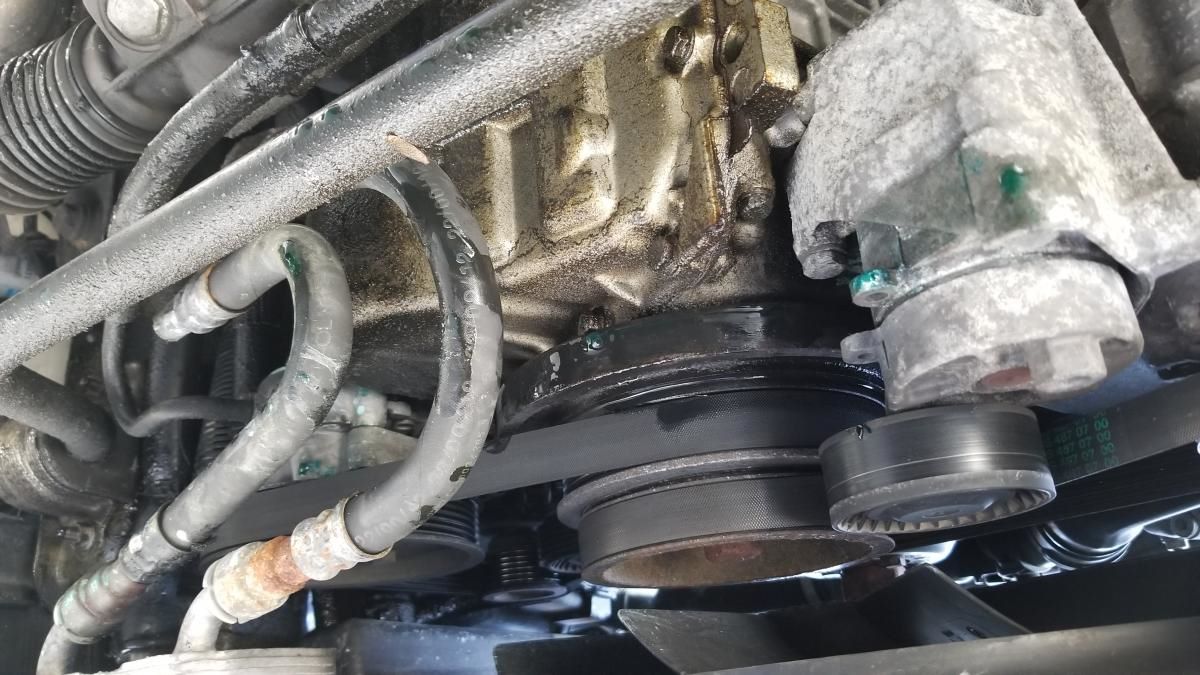
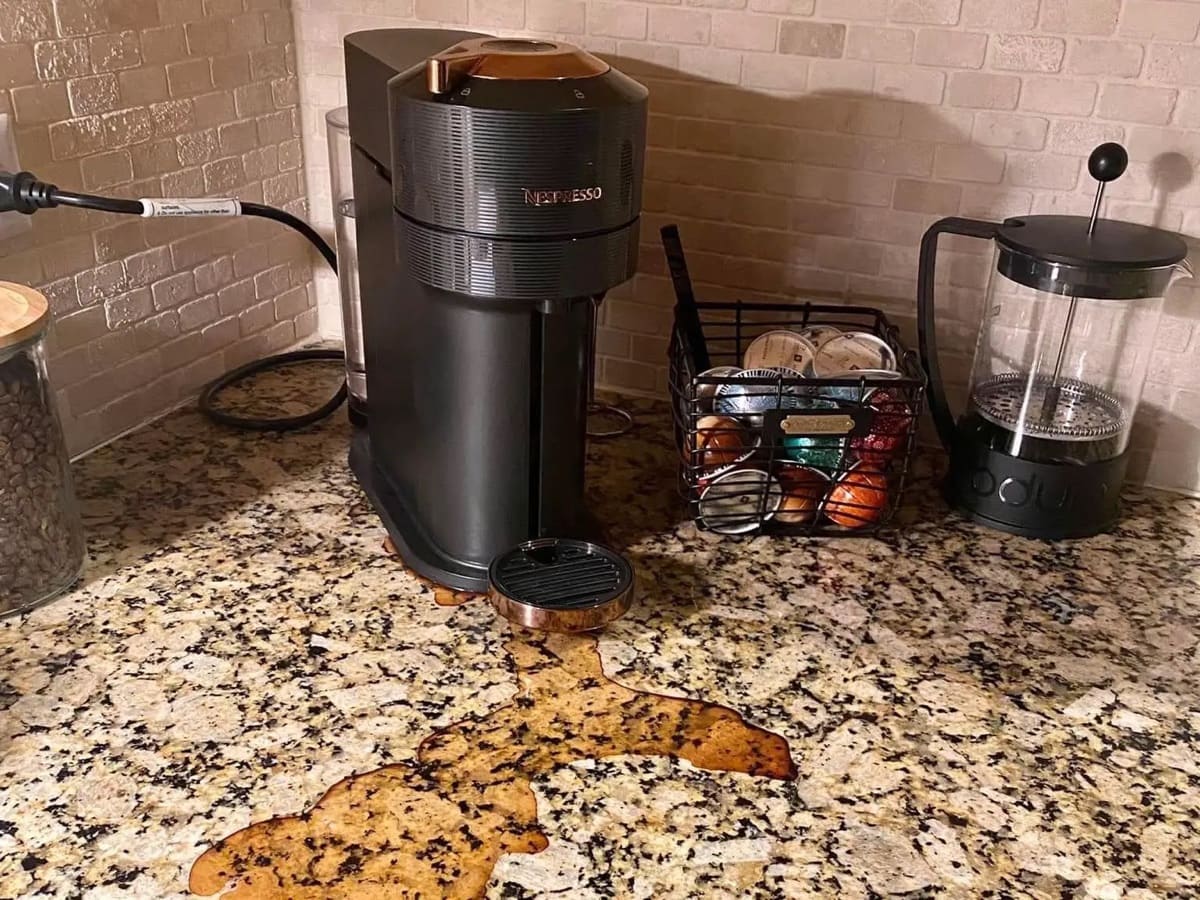
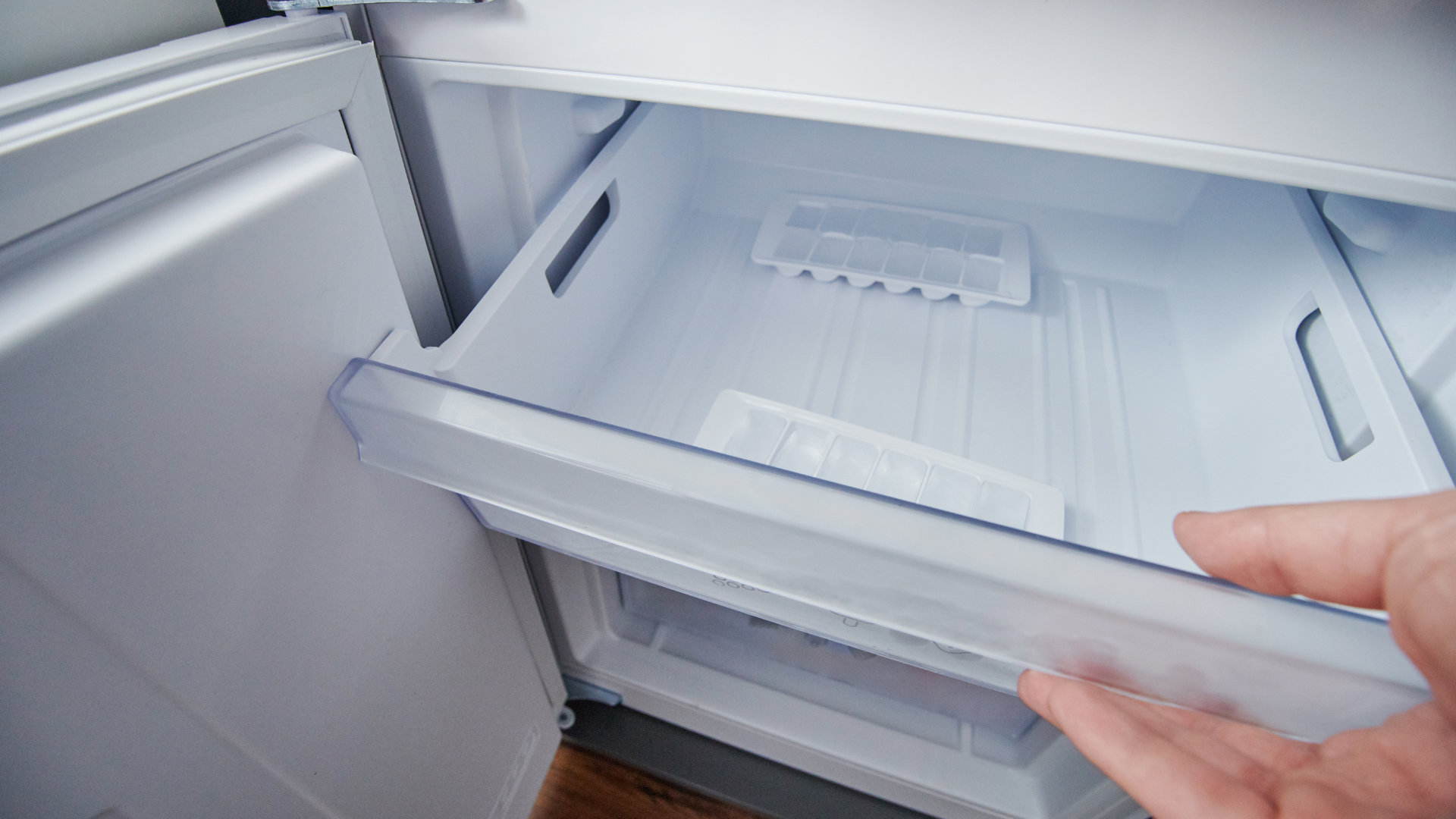
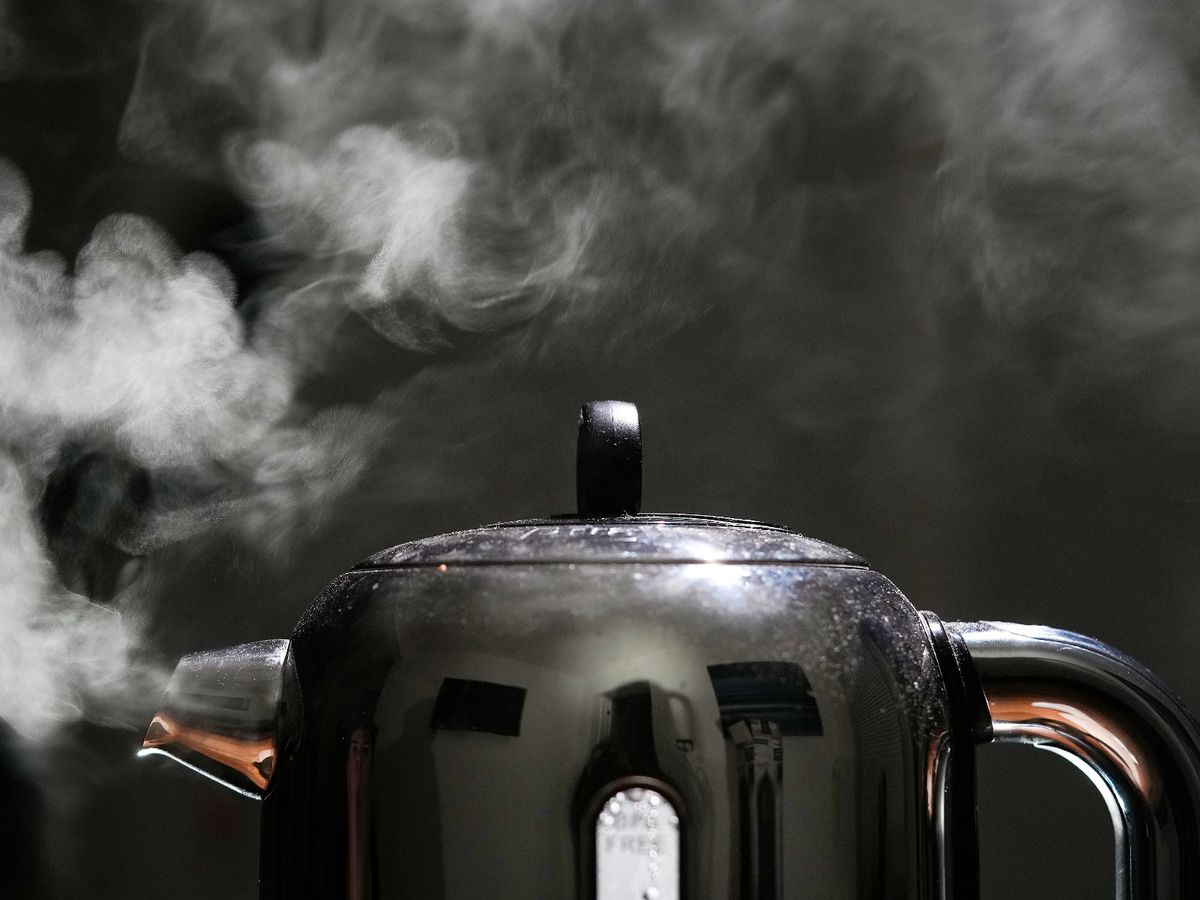
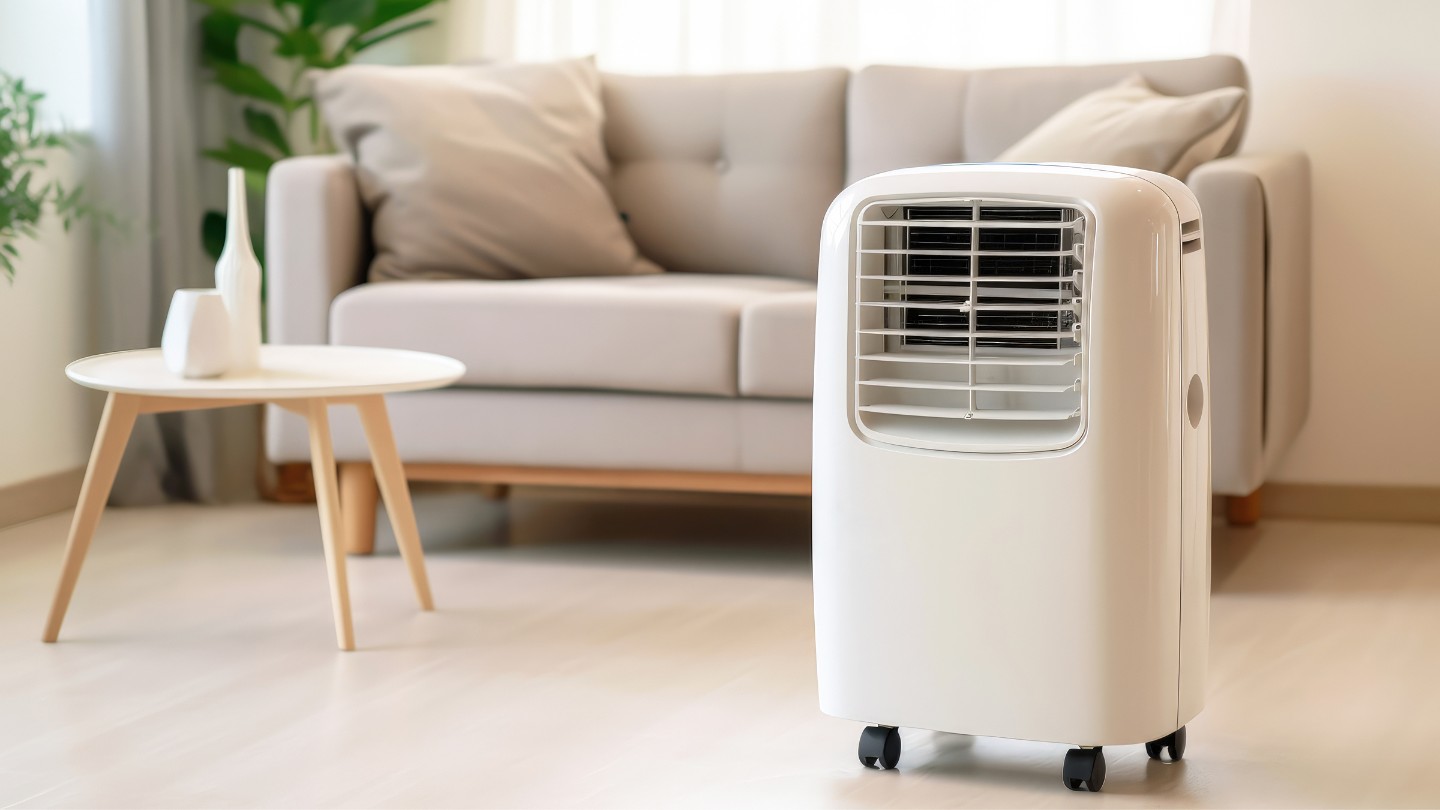
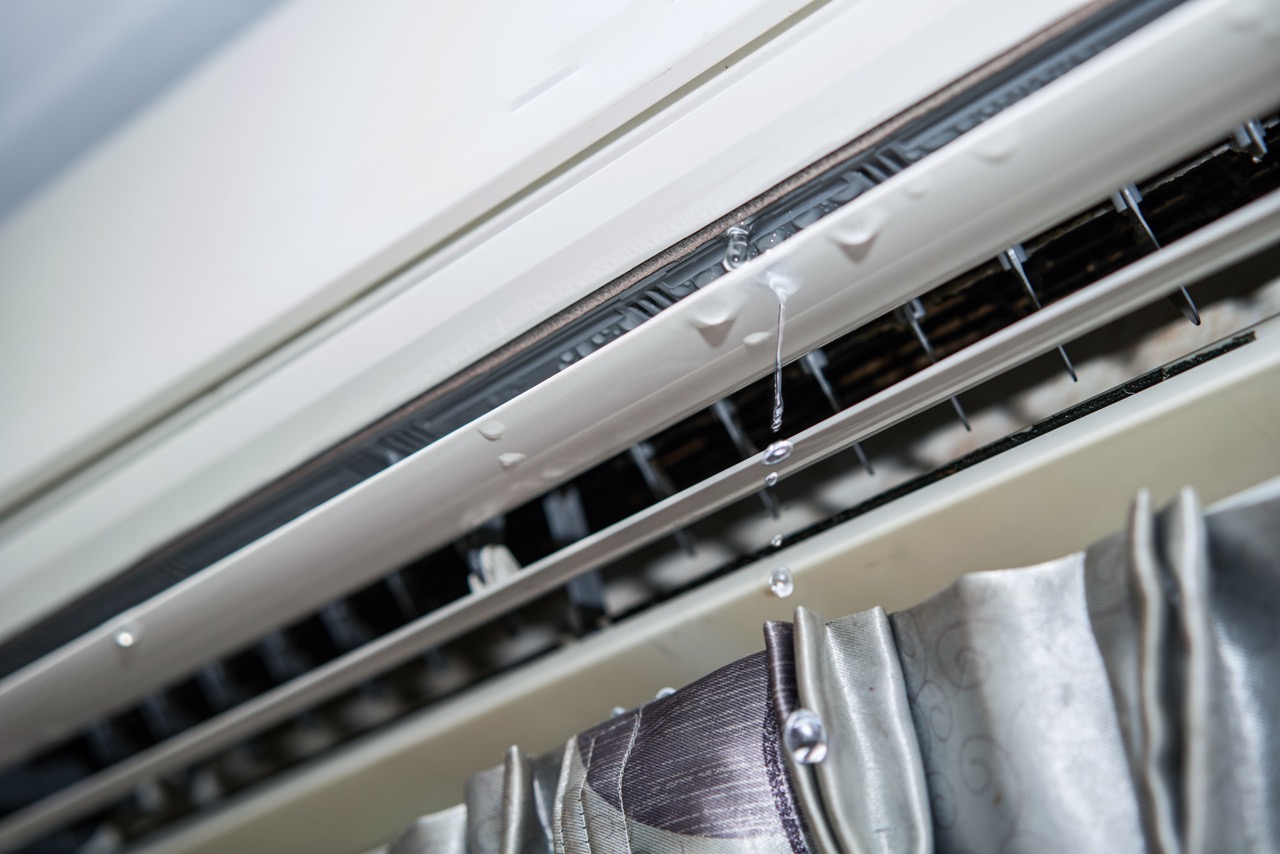
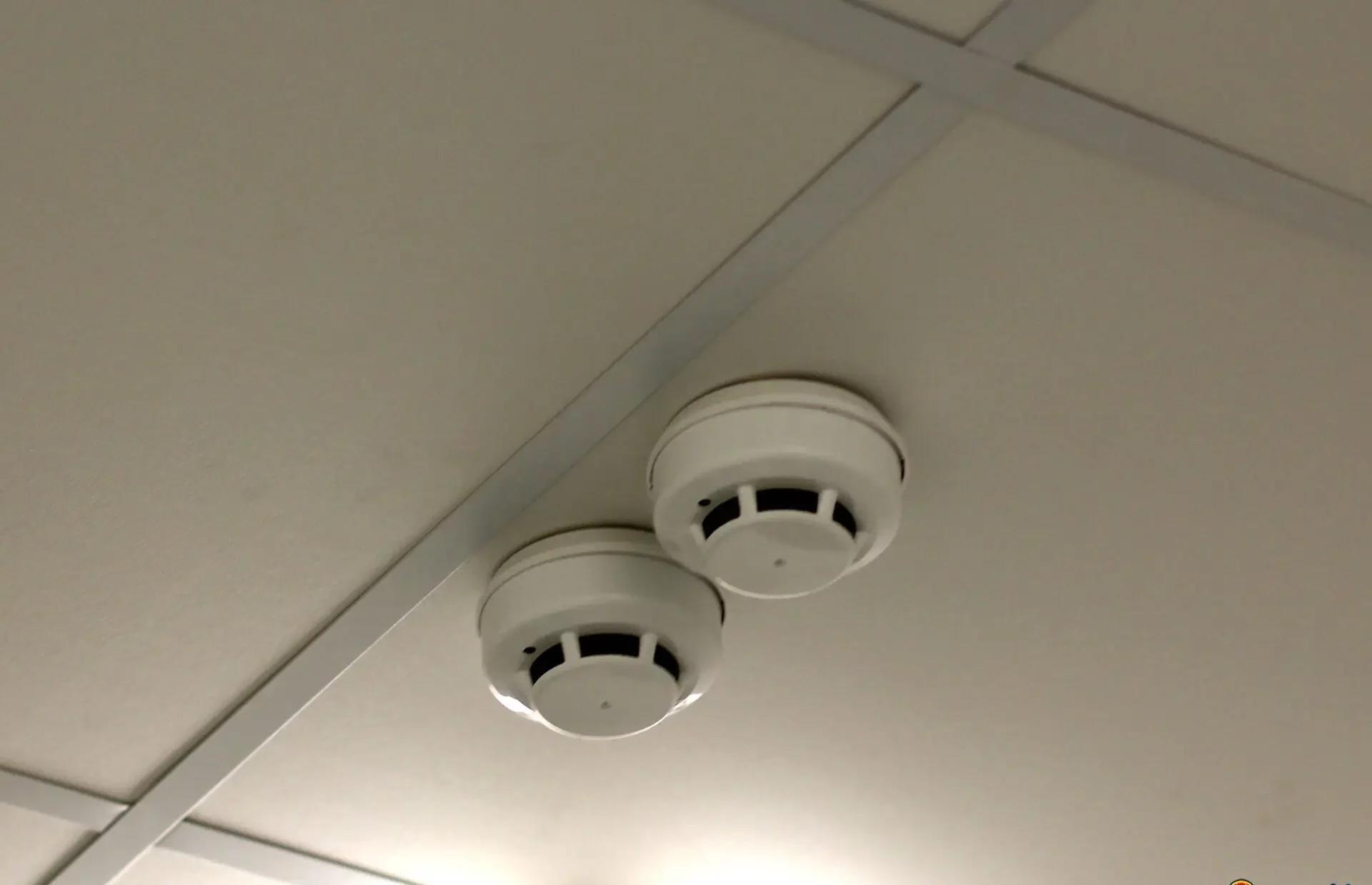
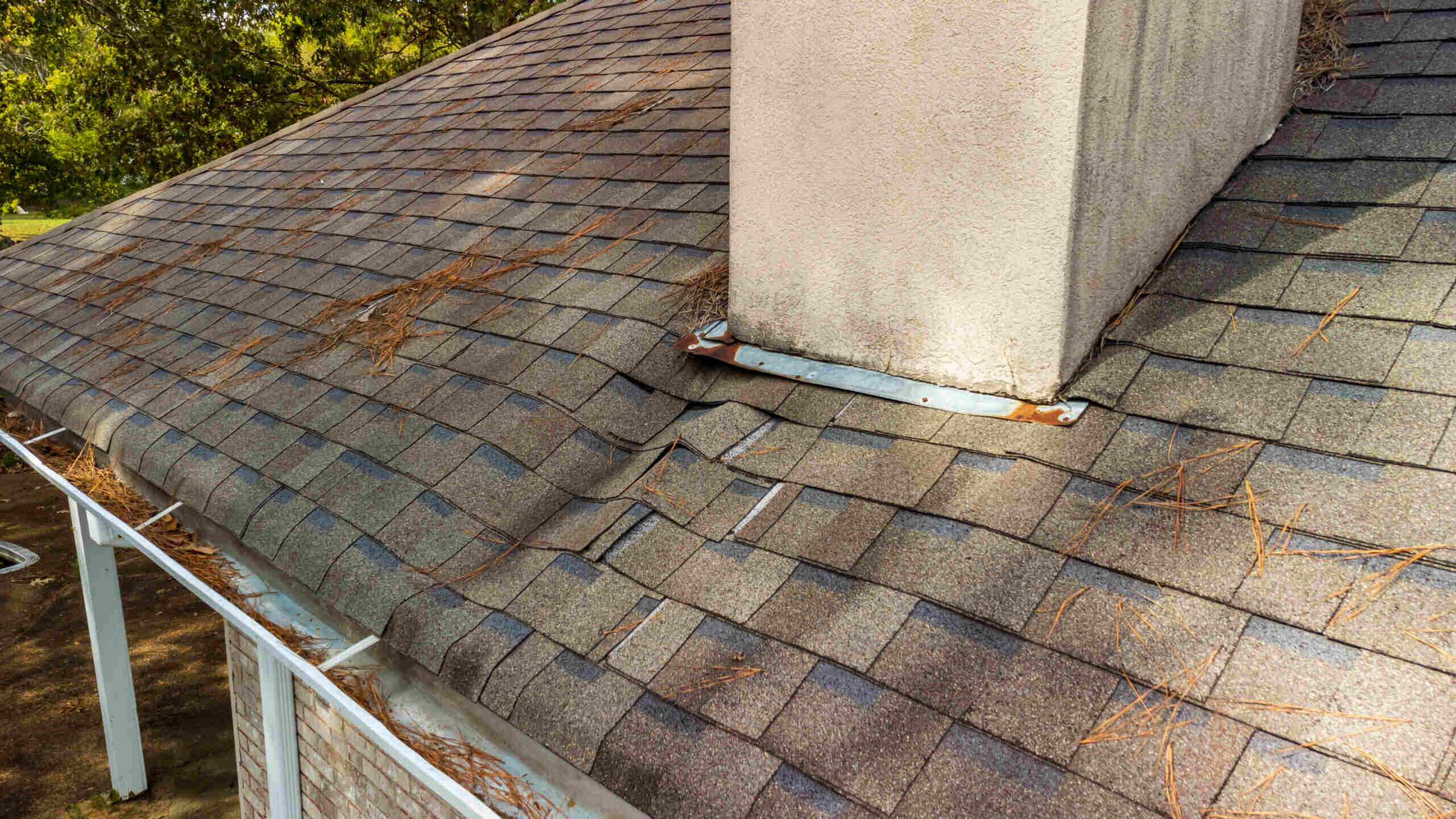
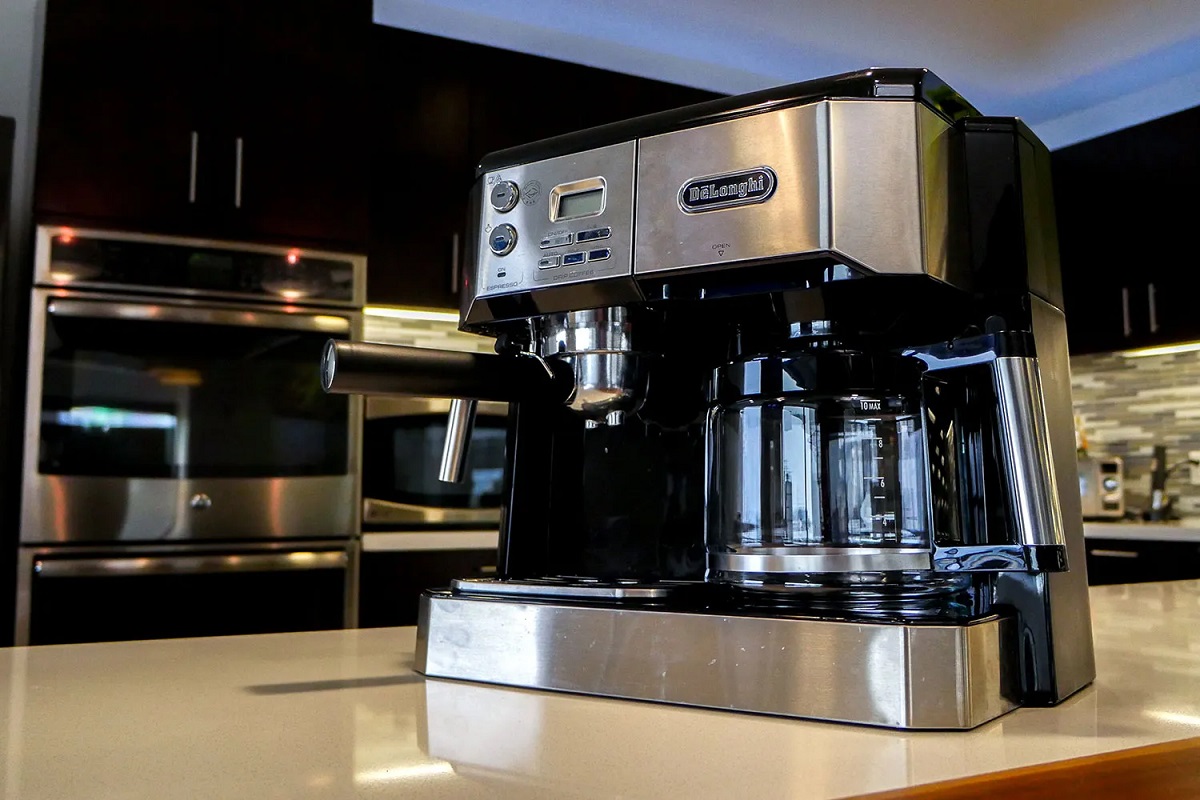

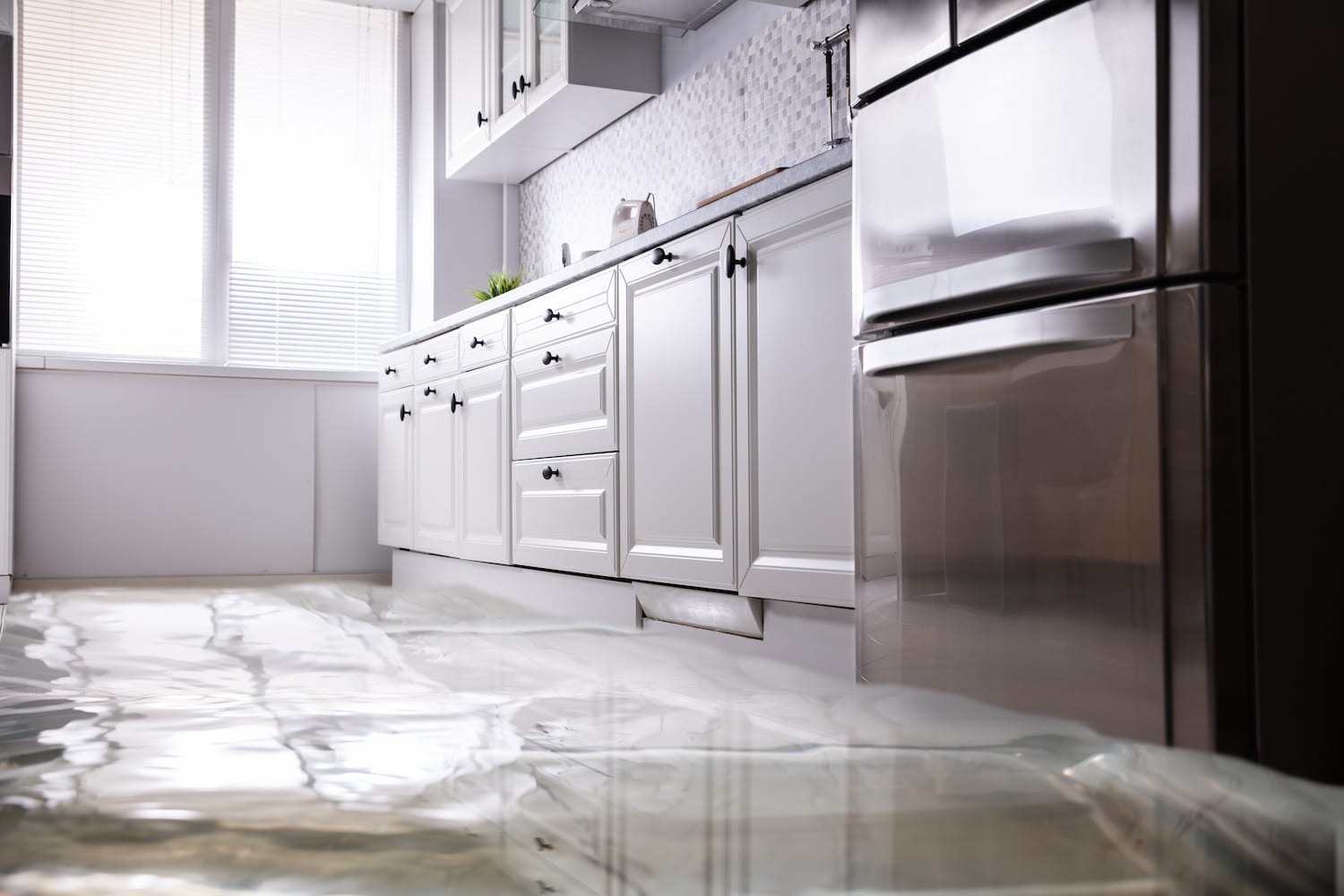
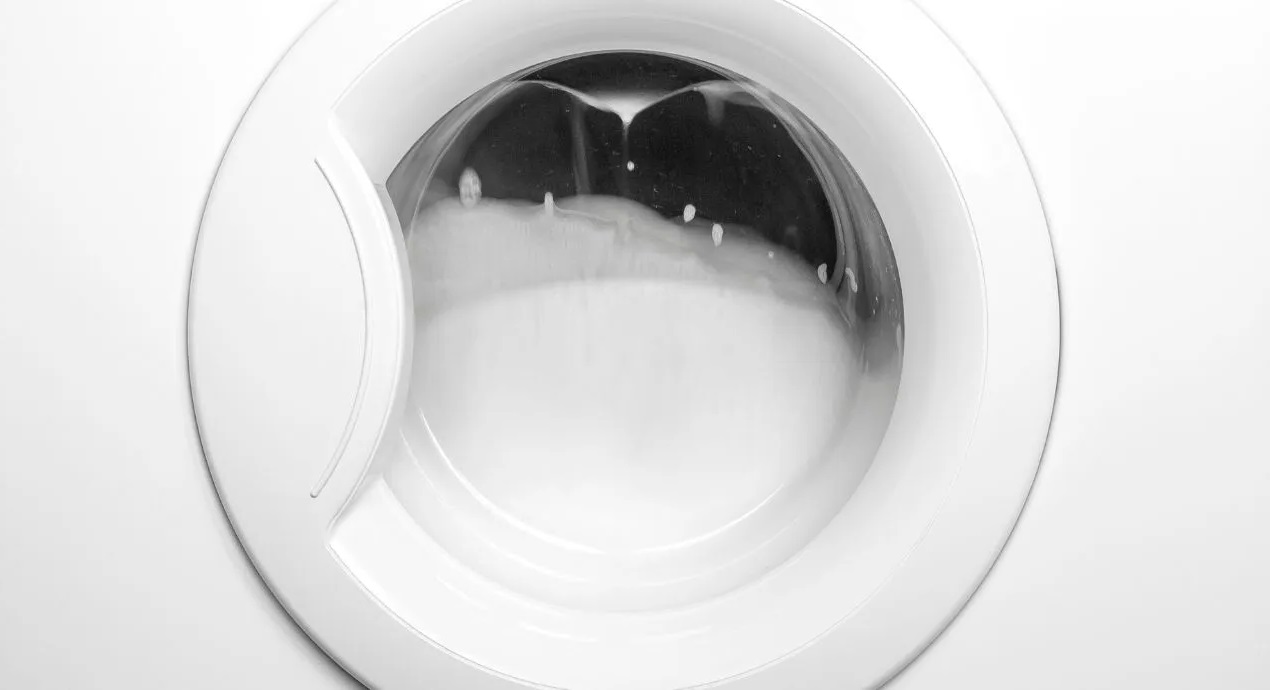
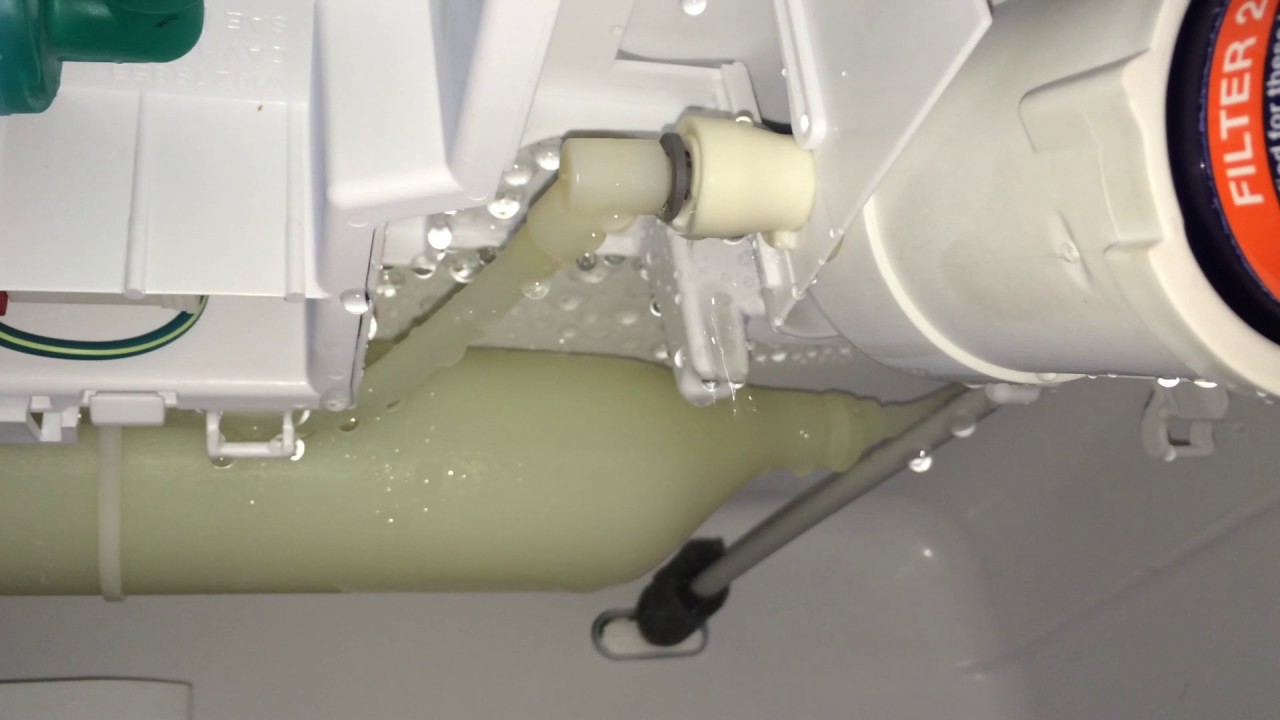
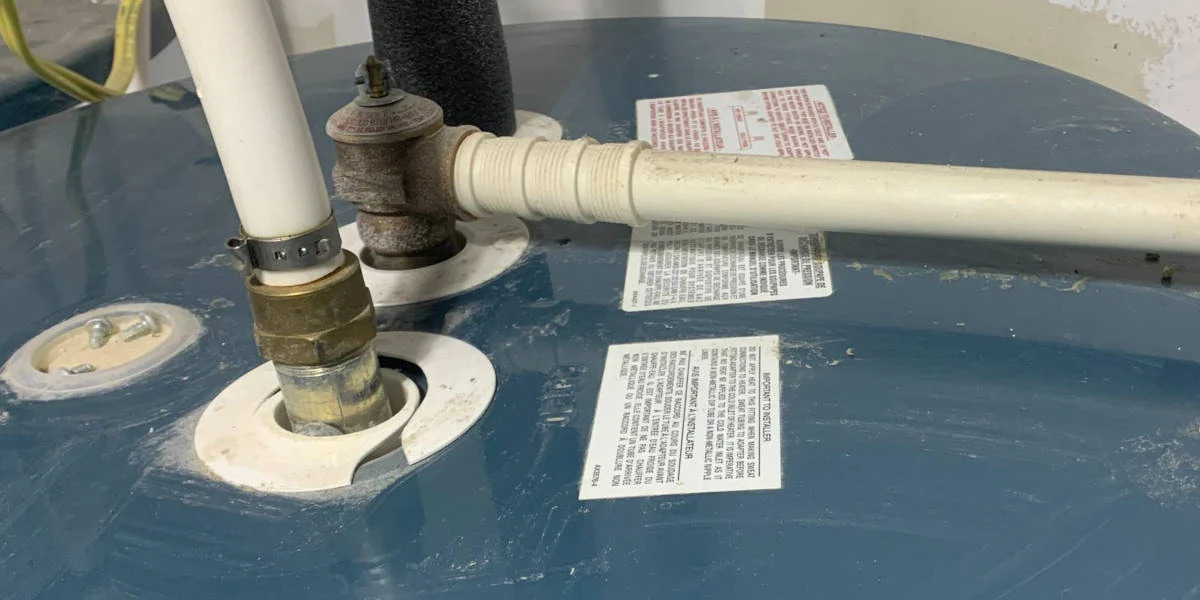
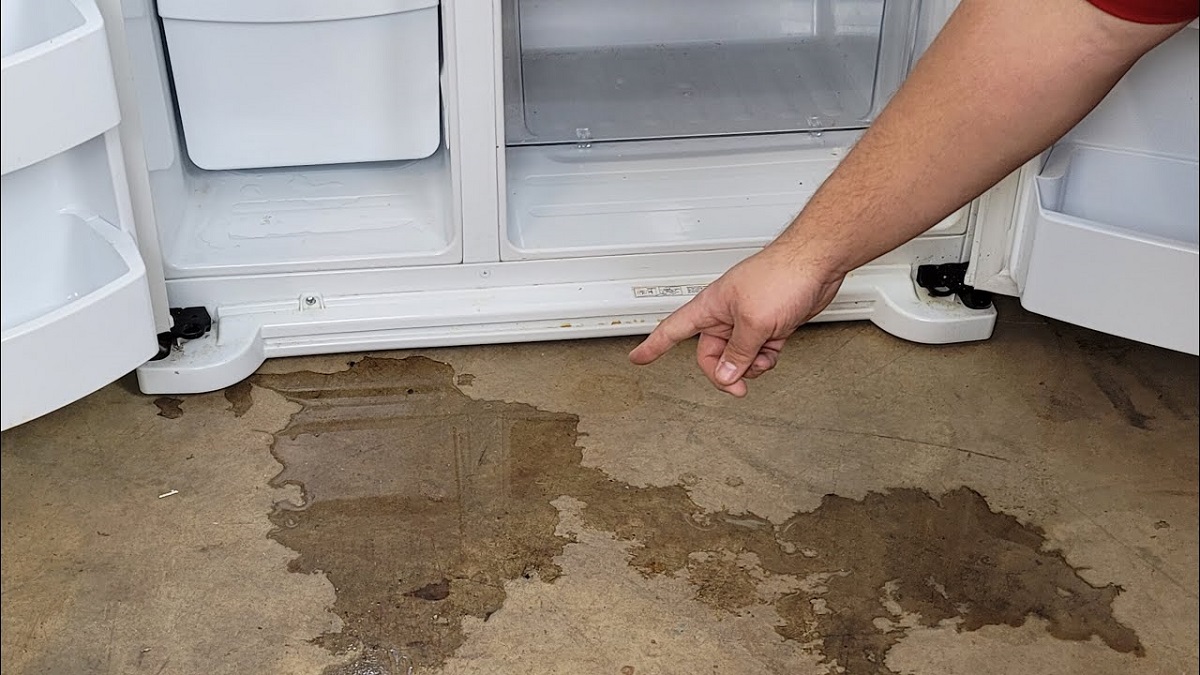

0 thoughts on “Why Is My Espresso Machine Leaking Water?”